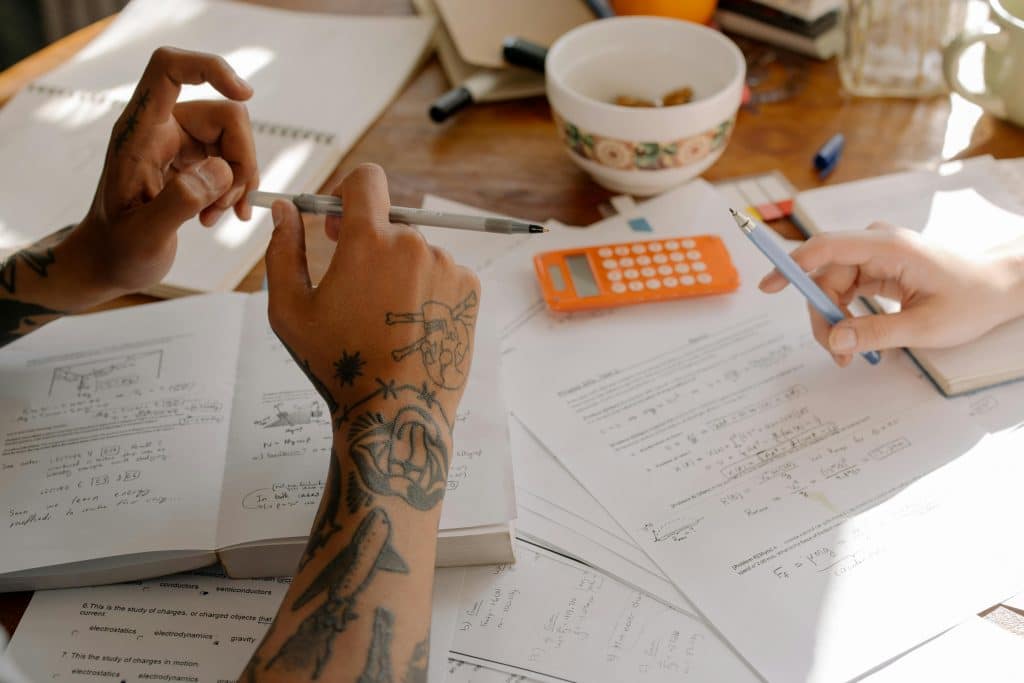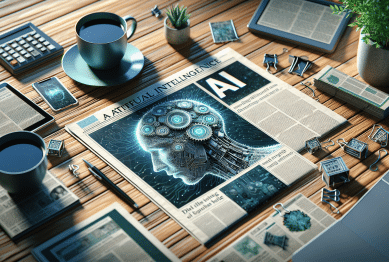Reflection is an essential yet often overlooked skill in personal and professional growth. The act of looking back at past experiences, analyzing them thoughtfully, and extracting lessons plays a crucial role in enhancing learning and decision-making. In today’s fast-paced world, where the emphasis is frequently on action and productivity, carving out time for reflection has become a hot topic, especially as people seek sustainable ways to develop mentally and emotionally.
This article explores the emerging trend of using reflection as a powerful learning tool. We’ll examine why reflection helps you learn from past experiences, highlight current research supporting its benefits, and offer practical tips on incorporating reflective practices into your daily life.

Why Reflection Is Vital for Learning From Past Experiences
Reflection allows individuals to engage deeply with their experiences instead of merely going through the motions. According to educational psychologist David Kolb’s experiential learning theory, reflection is a key stage that transforms experience into knowledge (Kolb, 1984). Without reflection, experiences may remain superficial and fail to influence future behavior or thinking.
In the workplace, the demand for lifelong learning has made reflective practice more relevant than ever. A 2023 report by the Harvard Business Review emphasized that employees who regularly engage in reflection outperform their peers in problem-solving and adaptability (HBR, 2023). This focus reflects an emerging trend where organizations encourage reflective routines like after-action reviews and learning journals to boost performance and innovation.
How Reflection Enhances Learning: Key Mechanisms
1. Improves Self-Awareness
Reflection helps develop self-awareness by prompting you to consider your thoughts, feelings, and actions in past situations. This awareness is fundamental to recognizing your strengths and areas for growth. According to a study published in Frontiers in Psychology (2020), self-reflective practices contribute to emotional intelligence, which in turn enhances learning and interpersonal effectiveness (Schönfeld et al., 2020).
2. Facilitates Meaning-Making
Reflection transforms raw experience into meaningful insights. By stepping back and examining the context, motives, and outcomes, you create narratives that help you understand why events unfolded as they did. This process encourages deeper learning and prevents repeating mistakes.
3. Encourages Critical Thinking
When reflecting, you analyze and evaluate your choices critically. This cultivates the ability to question assumptions and consider alternative approaches, boosting problem-solving skills. Critical reflection is especially important in fast-changing environments where past habits may no longer be effective.
Emerging Trends in Reflective Practices
Digital Journaling and Reflection Apps
The rise of mental wellness technology has introduced apps designed specifically for reflective practice. Tools like Day One, Reflectly, and Journey offer structured prompts and mood tracking to help users reflect consistently. This tech-driven approach makes reflection more accessible and personalized, aligning with modern lifestyles.
Mindful Reflection and Meditation
Mindfulness practices increasingly integrate reflective components. Mindful reflection combines present-moment awareness with thoughtful review of past experiences. Research in the Journal of Clinical Psychology (2022) shows that mindful reflection can reduce stress and enhance cognitive flexibility, both important for effective learning (Garland et al., 2022).
Reflective Practice in Remote Work Environments
Remote and hybrid work models have sparked new ways to incorporate reflection in professional settings. Virtual “reflection breaks” and digital retrospectives after projects are trending practices that help teams and individuals process experiences and improve continuously.
Practical Guide: How to Use Reflection to Learn From Past Experiences
If you want to harness the power of reflection to learn effectively, here are actionable steps:
1. Schedule Regular Reflection Time
Set aside a few minutes daily or weekly for focused reflection. Consistency is key to making reflection a habit.
2. Ask Yourself Specific Questions
Use guided questions to direct your reflection, such as:
- What happened during this experience?
- How did I feel and why?
- What went well and what could be improved?
- What lessons can I apply moving forward?
3. Write It Down
Documenting your reflections helps clarify thoughts and track progress over time. Whether it’s a journal, blog, or private notes, writing solidifies learning.
4. Discuss With Others
Sharing reflections with mentors, coaches, or peers can offer new perspectives and deepen insights. Dialogue encourages critical thinking and accountability.
5. Combine Reflection With Action
Reflection is most effective when paired with deliberate actions. Use insights gained to set specific goals or change behaviors.
Scientific Evidence Supporting Reflective Learning
- A 2019 meta-analysis in Review of Educational Research found that structured reflection significantly improves learning outcomes across age groups and settings (Schön et al., 2019).
- Research from the University of Michigan highlights that reflective journaling increases self-regulation, enabling learners to manage challenges more effectively (Zimmerman & Schunk, 2011).
- The American Psychological Association links reflective practices to improved memory retention and transfer of knowledge to new contexts (APA, 2017).
Conclusion
The power of reflection in helping you learn from past experiences is increasingly recognized across educational, professional, and personal development fields. By fostering self-awareness, encouraging critical thinking, and facilitating meaningful insights, reflection enhances the quality of learning and decision-making.
Incorporating regular reflective practices into your routine, supported by modern tools and mindful approaches, can transform how you process experiences and grow. As the trend toward lifelong learning and mental wellness continues, reflection stands out as an accessible, effective way to deepen understanding and improve future outcomes.
References
- Harvard Business Review. (2023). Why Reflective Practice Improves Employee Performance. https://hbr.org/2023/02/why-reflective-practice-improves-employee-performance
- Schönfeld, P., Eberth, J., & Fink, A. (2020). Self-Reflection and Emotional Intelligence: A Meta-Analytic Review. Frontiers in Psychology, 11, 572142. https://doi.org/10.3389/fpsyg.2020.572142
- Garland, E. L., Hanley, A. W., & Farb, N. A. (2022). Mindful Reflection Enhances Cognitive Flexibility: Clinical Psychology Insights. Journal of Clinical Psychology, 78(4), 569-583. https://doi.org/10.1002/jclp.23244










 The Power of Being Present for Enhanced Focus and Productivity
The Power of Being Present for Enhanced Focus and Productivity 

